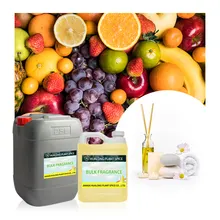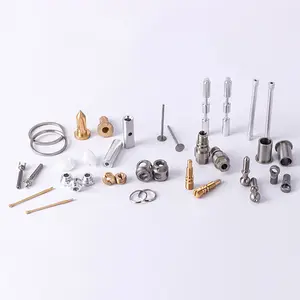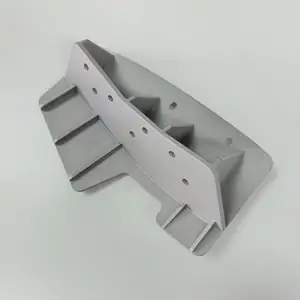About products and suppliers
Le soluzioni als titanio sono estremamente importanti per settori diversi per soddisfare una varietà di molteplici scopi. Alibaba.com offre il più puro e di prima classe. als titanio soluzioni di venditori leader che eccellono nella fornitura di prodotti di alta qualità che valgono i tuoi soldi. Queste. Le als titanio sono di qualità industriale e agricola che possono essere utilizzate in diverse applicazioni. Puoi anche optare per campioni gratuiti prima di utilizzare i prodotti.
Con una vasta collezione di diverse forme di. Soluzioni als titanio, puoi scegliere qualsiasi tipo di soluzione chimica desideri. Queste. Le als titanio sono disponibili anche sotto forma di nanopolvere di MgO ampiamente utilizzata in numerose soluzioni di riscaldamento, agricole, industriali ed elettroniche. Il livello di viscosità di questi. als titanio è estremamente alto, tuttavia può essere diluito con altre soluzioni molto facilmente. È necessario conservarli in un luogo fresco e asciutto, lontano da sostanze infiammabili.
Alibaba.com eccelle nel presentare soluzioni chimiche di ottima qualità, proprio come queste forme superiori di. prodotti als titanio, ai prezzi più convenienti. Sia che tu voglia utilizzare questi prodotti per qualsiasi scopo domestico, commerciale o industriale, tutti i tipi di. Le soluzioni als titanio sono disponibili a tua disposizione. Il. als titanio può anche trovare impieghi immensi in alcuni settori importanti come l'industria farmaceutica, l'industria dei fertilizzanti, l'industria dell'alimentazione animale, l'industria alimentare e molti altri.
I grossisti possono controllare l'ampia intervallo di. als titanio disponibile su Alibaba.com per acquistare prodotti che rientrano nel tuo budget e possono farti risparmiare sull'acquisto. Queste soluzioni sono certificate ISO, SGS, IAF e hanno un punto di fusione più elevato. È possibile effettuare ordini OEM su richiesta e optare anche per imballaggi personalizzati.










































 浙公网安备 33010002000092号
浙公网安备 33010002000092号 浙B2-20120091-4
浙B2-20120091-4